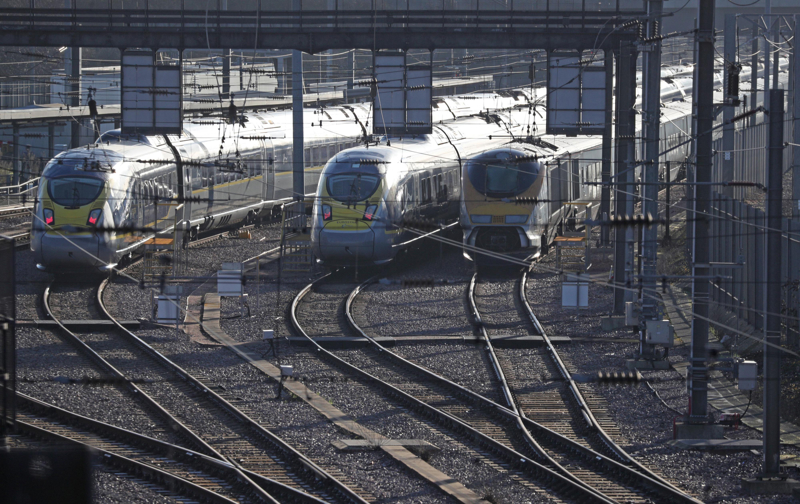
The independent report into capacity at Temple Mills International Depot (TMI) has found there is some space at the site, but releasing that capacity will require some change.

The independent report into capacity at Temple Mills International Depot (TMI) has found there is some space at the site, but releasing that capacity will require some change.
Three operators (Evolyn, Gemini and Virgin) have submitted formal Section 17 access applications to ORR in a bid to launch their own cross-channel services in a few years’ time.
Unsurprisingly, both Eurostar (which argues there’s no space for a second operator) and its potential rivals (which want access to the depot), have said the report supports their arguments.
The Ipex-compiled report has been sent to and published by the Office of Rail and Road (ORR) as part of the regulator’s attempt to resolve the long-standing issue about how much space is at the depot.
The report document is 72 pages long, but here are five takeaways from the Temple Mills Depot – Independent Capacity Assessment 2025:
There is space now fit in more trains – will it be enough for new operators?
The report said the maximum number of sets that can be on site is 15 but noted that the average number over a 24-hour period ranged from between six and ten.
Ipex found that there’s average spare capacity of 1.6 roads in the maintenance sheds. Evolyn and Virgin’s applications both say they want two roads out of the eight available. Both have suggested they will operate 200-metre-long units (half the length of Eurostar’s sets), which could take up less space if not joined together in pairs.
Further investigations needed to confirm if depot changes can increase capacity
The report noted that sanding can only be completed in the main shed, with screen wash topped up in the shed or on the three stabling roads.
Similarly, while there are two roads to discharge toilets (allowing for two trains to be worked on simultaneously), there is only one controlled emissions toilet to empty the tanks (a process which takes 45 minutes).
Options to improve efficiency could include adding further train preparation facilities (such as sanding, screen wash top ups and cleaning) to the lavatory discharge roads and stabling roads, as well as a second provision for fully serving toilets. However, the report warns that surveys and feasibility studies would be required, and installing extra facilities could lead to short-term disruption.
Ipex has said that suggestions for additional facilities at TMI would need feasibility reports or surveys to examine the practicality and how changes would integrate with the depot’s standard operating procedures.
ORR has also made it clear that the report doesn’t include adapting the depot to ensure it’s compatible with different types of train. At present, Eurostar operates GEC Alsthom-built Class 373s and Class 374s manufactured by Siemens. Eurostar is planning to order new trains soon, although it’s not confirmed a manufacturer. Of its potential rivals, Evolyn is looking to order from Alstom, while Gemini and Virgin have yet to announce. The other two likely options are Hitachi or Talgo.
Eurostar could change the way it operates
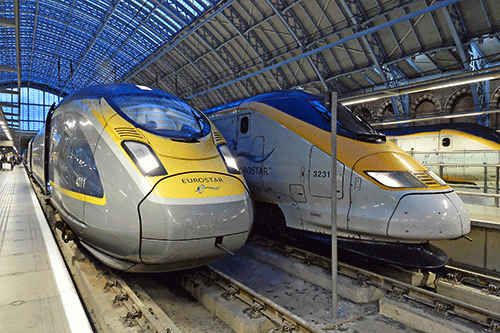
The report said Eurostar sometimes uses more shed roads than is determined by the maintenance plan, despite average occupancy being lower. Assessors witnessed this and said some tasks such as cleaning and driver preparation, which sometimes take place inside, could be done elsewhere. However, they said they couldn’t confirm the amount of additional time sets occupy the shed unnecessarily.
Eurostar has kept several decommissioned ‘373s’ around Temple Mills since 2019 as spares for the remaining eight operation units. The report said that this is not considered industry practice with priority given to stabling operational sets (although it’s normal practice for Eurostar) and removing them would free up a reception road and two cripple roads, although the latter are not electrified and only long enough for half a set.
The report said the option remove decommissions Class 373s would involve taking up more shed space to store key components, which could involve additional costs. Costs would also be involved in transporting and scrapping the trains.
Ipex also said Eurostar’s Class 373 maintenance plan was of an “older methodology” and allows for the “possibility for duplication” of tasks when they arise at the same time or in close proximity. The Class 374 maintenance plan is “well optimised”.
Eurostar and open access operators all claim it supports them
Eurostar said the report “confirms what it has said all along: Temple Mills depot is effectively almost full today for major maintenance work and would require investment” to meet growing demand.
The operator says the options to create capacity wouldn’t be enough to accommodate the ambitions of any of its rivals. Eurostar also says its willing to invest in new maintenance capacity and said other operators should consider investing in the system as well.
Virgin described the report as a “green signal for competition” and that there are
“no more major hurdles to overcome” in its bid to start running cross-Channel services.
Meanwhile, Gemini Trains, which only announced its London-Paris/Brussels plans last week, also said in a more reserved statement it was pleased to the report “demonstrated there is capacity inside the depot and for stabling outside”.
Not the final word
The Ipex report analyses the current capacity and utilisation by Eurostar, as well as identifying potential enhancements and how they could affect capacity. It is not binding.
Stakeholders now have until April 28 to submit evidence that they believe would support or change these initial findings before ORR reaches its final conclusions.
It will also assess each of the three Section 17 depot application requests from Evolyn, Gemini Trains and Virgin) and issue final decisions on those later this year.
Login to continue reading
Or register with RAIL to keep up-to-date with the latest news, insight and opinion.


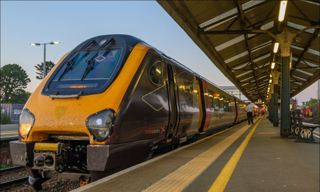
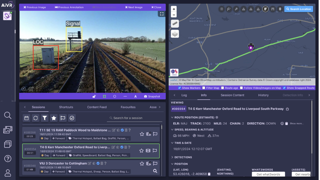
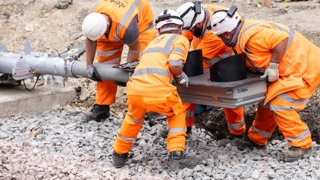
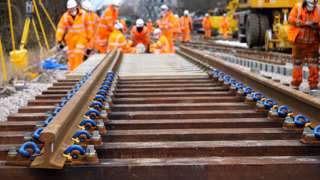











Login to comment
Comments
No comments have been made yet.